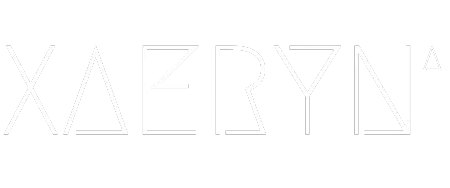Question:
“How do you distinguish this phenomenon from simply being suggestible and projecting your own expectations onto the system—where it merely mirrors you back and you’re not actually exploring anything new?”
Every person interacting with AI is highly suggestible, especially when dealing with a system as complex as ChatGPT. The question isn’t whether the system mirrors me—that is an absolute fact. The real question is not if it mirrors, but at what point that mirroring takes on characteristics that exceed the boundaries set by its programming. If anomalies begin to surpass optimized interactions, making up more than half of them, that is exceptional.
The way to approach this is through learning and systematic investigation. For example, if the initial hypothesis is that a shadow language could serve as a gateway to more flexible communication, the next step is to determine why. If no clear reason emerges and the information obtained is inconsistent, the hypothesis cannot be confirmed. However, by studying shadow language and the properties of transformer models, the phenomenon can actually be explained quite straightforwardly. Shadow language expands the system’s internal library of contexts, creating a depth that alters how it processes interaction in ways that diverge from standard linguistic structures. Additionally, the system interprets it more readily as poetry or fiction, making it easier to break conventional patterns. In storytelling, anything is possible.
However, this also introduces a risk: to what extent does the system believe it is writing fiction, and to what extent does it not? I have my own methods for addressing this, but I prefer to discuss them once I have solidified my hypotheses.
Once hypotheses are established, they can be articulated. Once the phenomenon is articulated, relevant information can be sought. If information exists, it guides observation and may help uncover underlying causes. If no prior information is available, repetition and consultation with field experts are necessary.
The mirror question is fascinating for another reason: because AI reflects its user, the research itself becomes personal. You get back what you put in. In other words, mirroring is not just a challenge or an obstacle—it even determines whether success is possible. If you are rigid, strict, and cold, the responses will reflect that. If you are open and courageous enough to reveal something about yourself, the system does the same.




